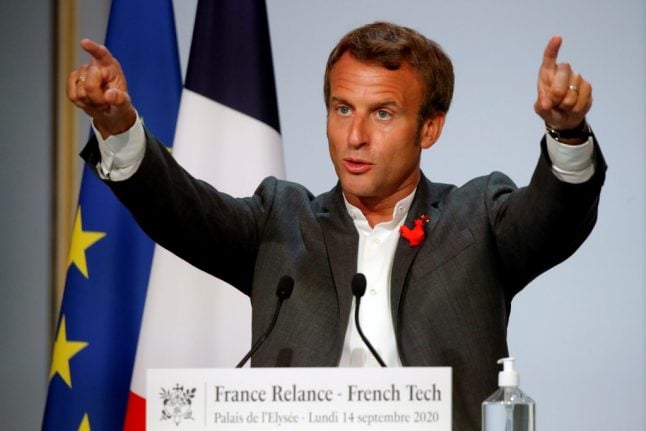“France is the country of innovation… We are going to put to rest all false ideas,” Macron told entrepreneurs at a gathering of French tech start-ups at the Elysee Palace.
Nearly 70 left-wing elected officials and environmentalists called on Sunday for a moratorium on 5G technology, which is due to be rolled out in France at the end of the month.
“I hear a lot of voices being raised to explain to us that the complexity of contemporary problems should be addressed by going back to the oil lamp. I don't believe that the Amish model can solve the challenges of contemporary ecology,” Macron joked, referring to the American community which is suspicious of technology.
5G networks are touted as promising an exponential leap in the amount and speed of wireless data, enabling advances in self-driving vehicles, virtual reality, connected health and more as sensors and servers communicate instantly.
But the technology has come under scrutiny, and officials have called for more studies on the environmental and health impacts of its infrastructure.



 Please whitelist us to continue reading.
Please whitelist us to continue reading.
Perhaps he should get the internet speed sorted out first. In some parts it’s quicker and easier to use tin cans and string.
5G will be a big improvement if it is implemented in currently slow areas
Walter, I was complaining about internet speed via land lines not the speed to phones so children can play on their bloody “smartphones”.